Your biological age: —
Your chronological age: —
Great! You’re trending younger than your
chronological age.
Your biological age is higher than your
chronological age.
Thank you for completing our Self-Assessment Biological Age Calculator. Based on your responses, we
have calculated your biological age and compared it to your chronological age. This comparison
provides a unique perspective on your overall health and aging process.
Interpreting Your Results
Your biological age is an estimate of how your lifestyle, habits, and environmental exposures are
affecting your body at a cellular level. If your biological age is lower than your chronological
age, it suggests that your health and lifestyle choices are contributing positively to your
longevity and wellness. Conversely, a biological age that is higher than your chronological age may
indicate areas where you could improve your health practices.
Taking Action
Based on your results, consider the following steps to help optimize your aging process:
- Focus on Nutrition: Adjust your diet to include more whole foods, reduce sugar intake, and
increase consumption of foods rich in antioxidants and fibers.
- Enhance Physical Activity: Aim to incorporate a balance of cardiovascular, strength, and
flexibility exercises into your weekly routine.
- Improve Sleep Quality: Establish a consistent bedtime routine and create a sleep-conducive
environment to enhance the quality of your rest.
- Manage Stress: Explore stress reduction techniques such as meditation, yoga, or deep breathing
exercises that can help lower stress levels.
- Strengthen Relationships: Spend quality time with family and friends to enhance your emotional
well-being.
When to Repeat the Test
To track your progress and the effectiveness of any changes you implement, we recommend retaking
this assessment every six months. This will not only help you see how your habits have evolved but
also allow you to adjust your strategies as needed to keep your biological age as low as possible.
We hope this tool inspires you to take proactive steps towards a healthier, more fulfilling life.
Remember, small changes can make a significant impact over time!
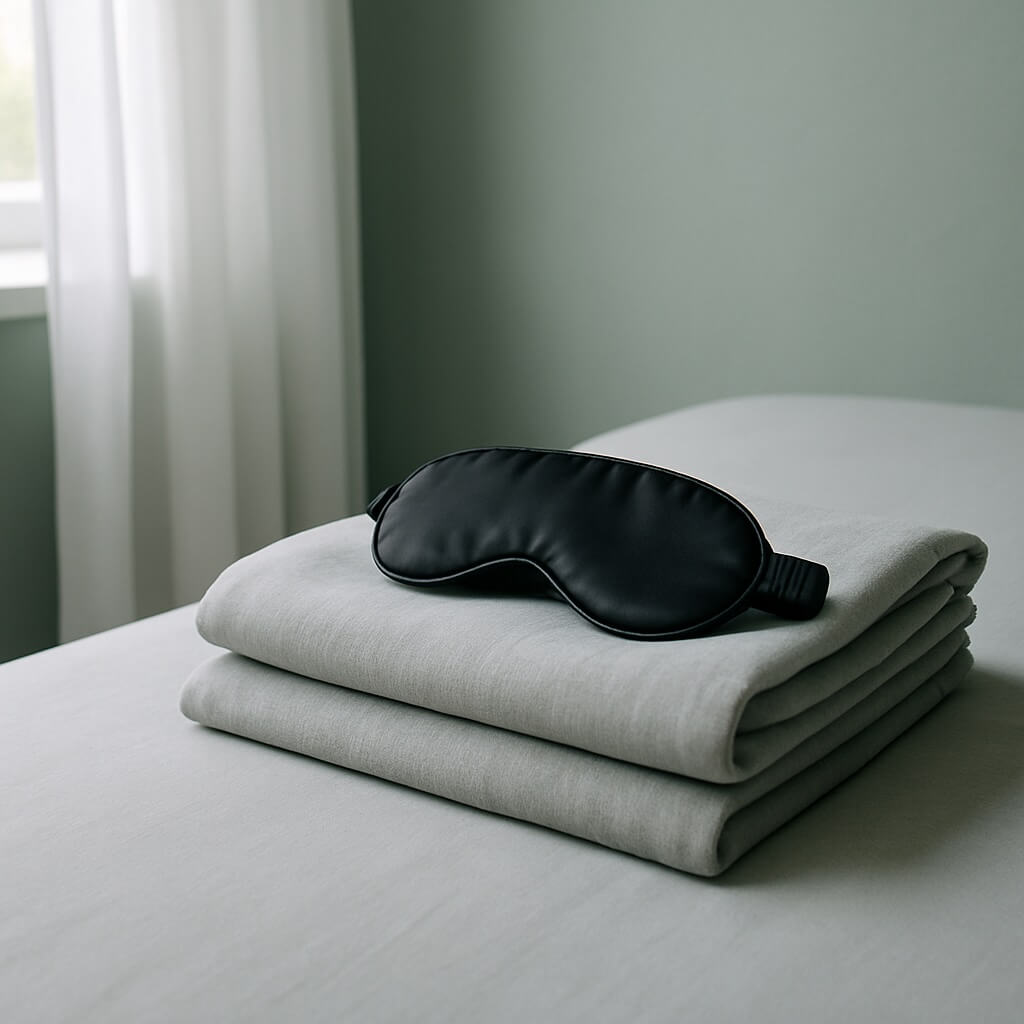
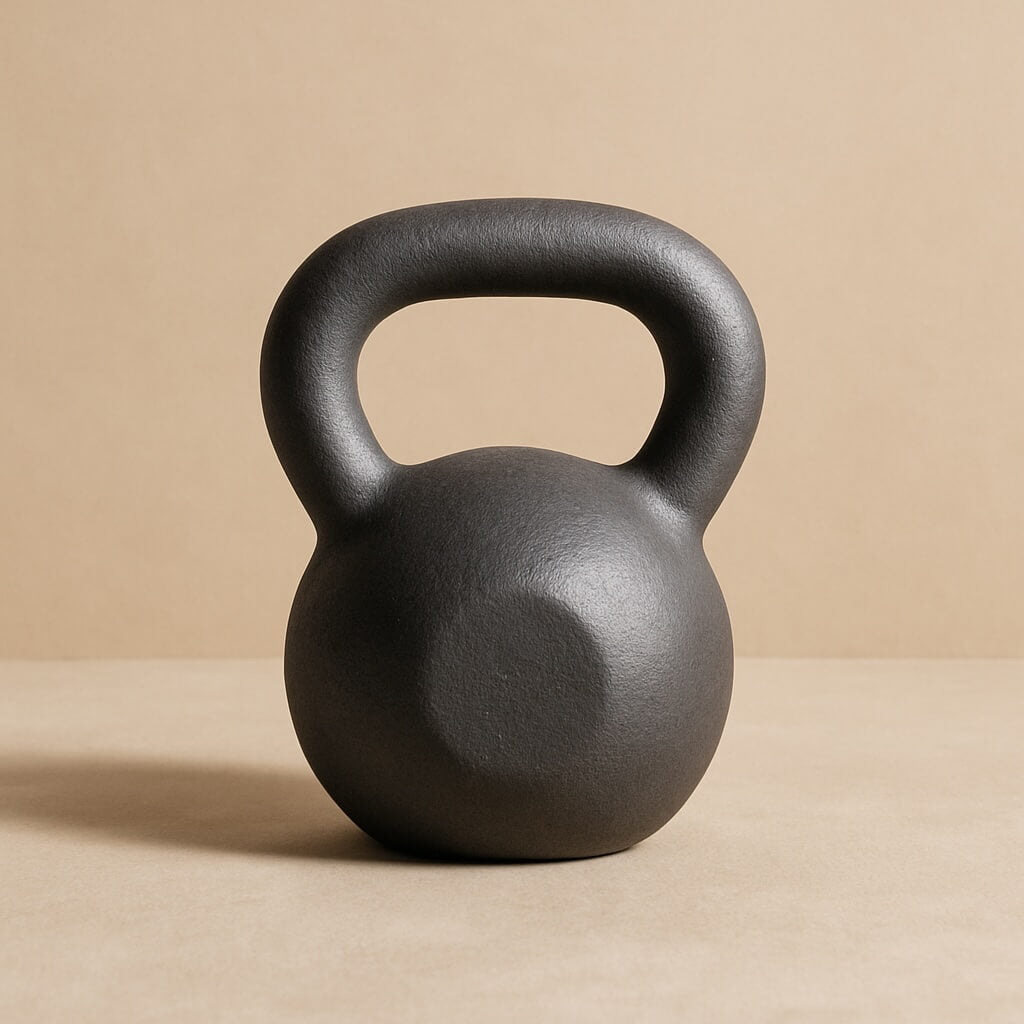
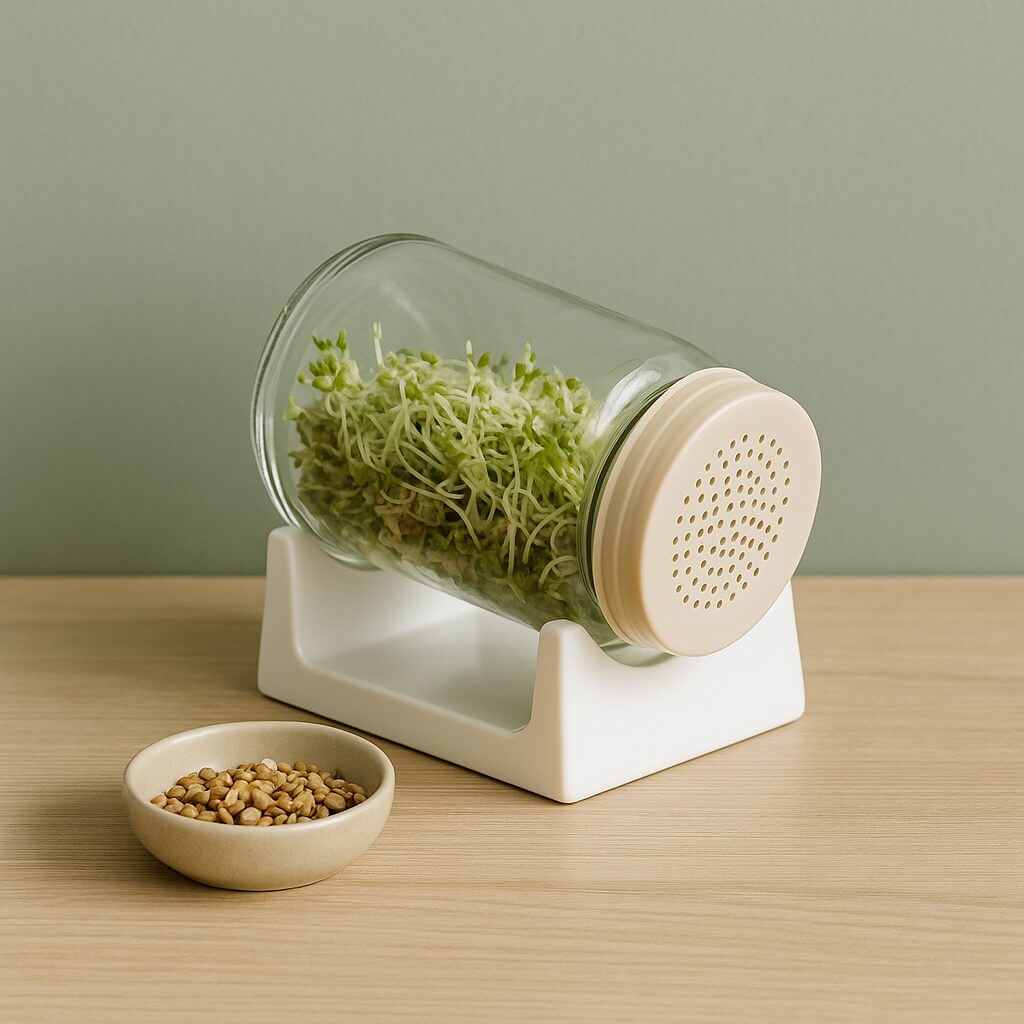
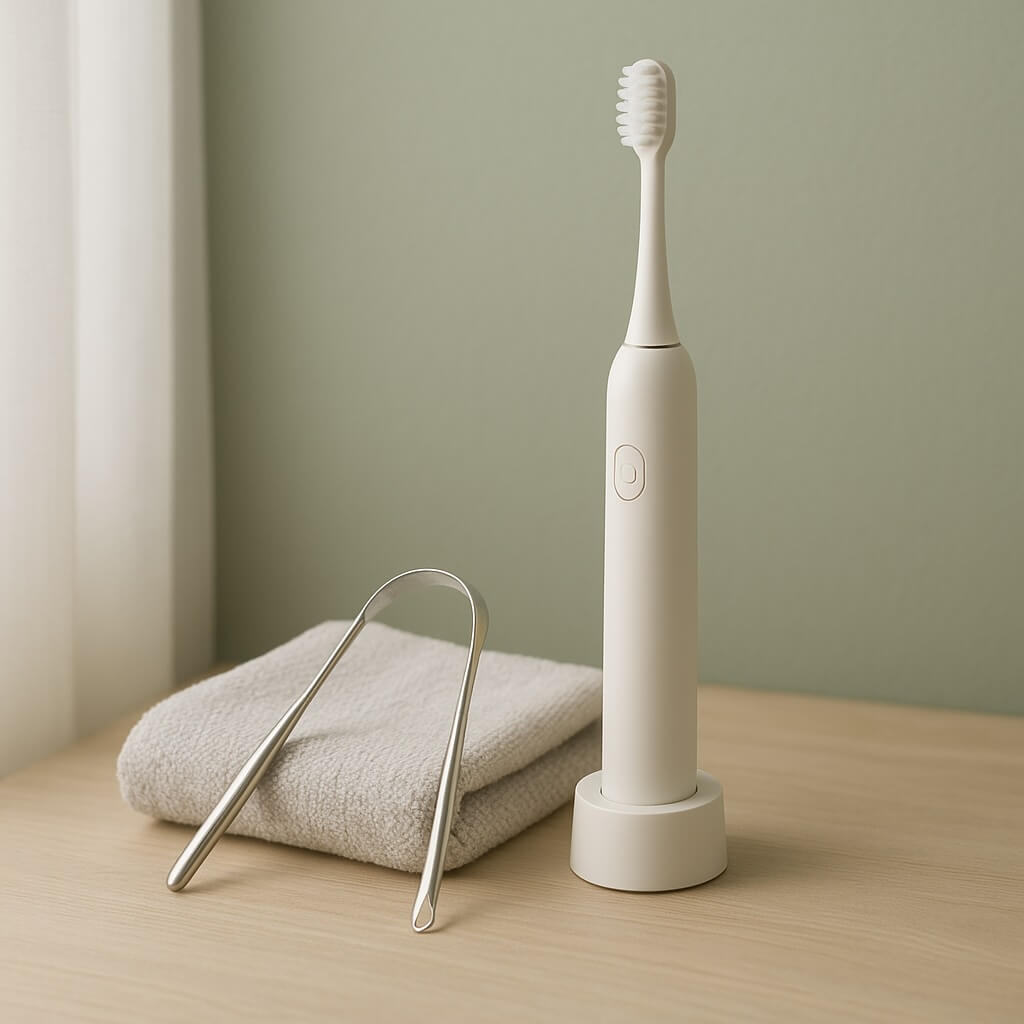
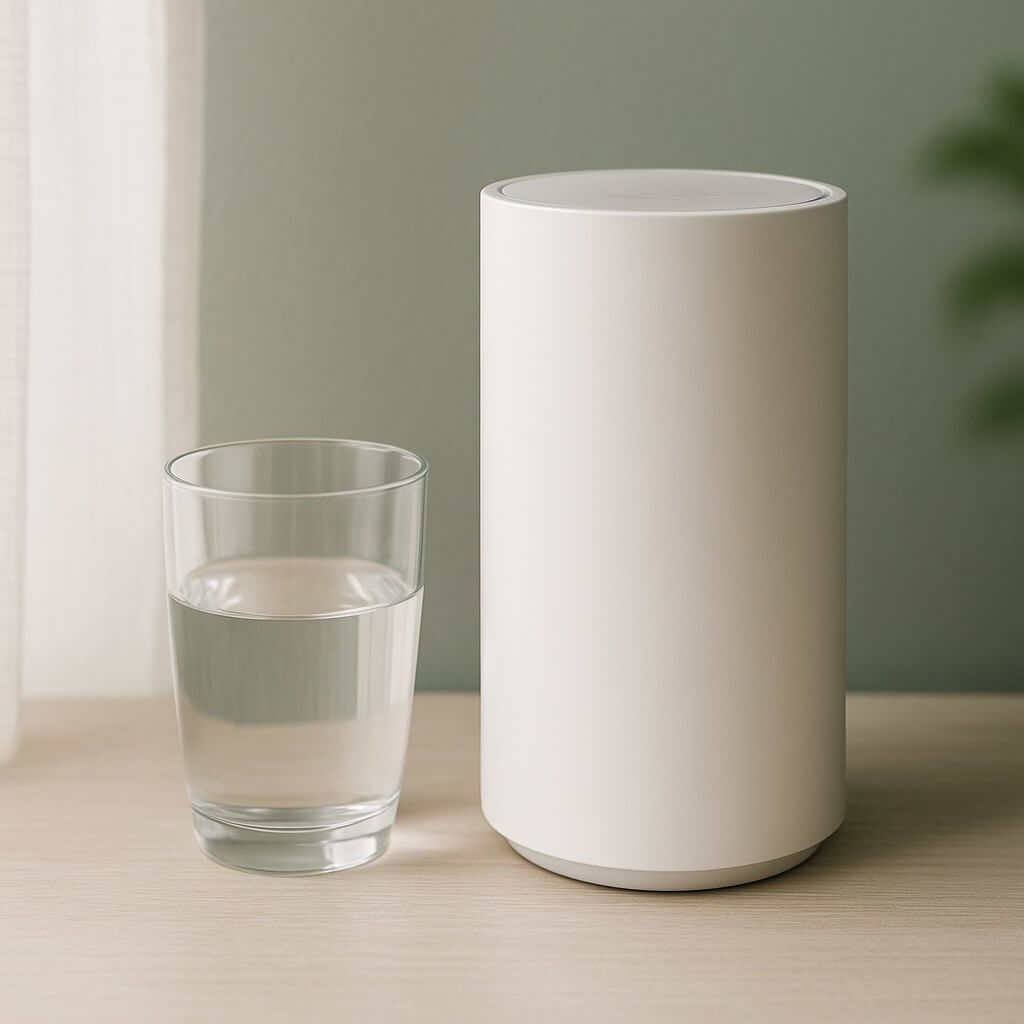

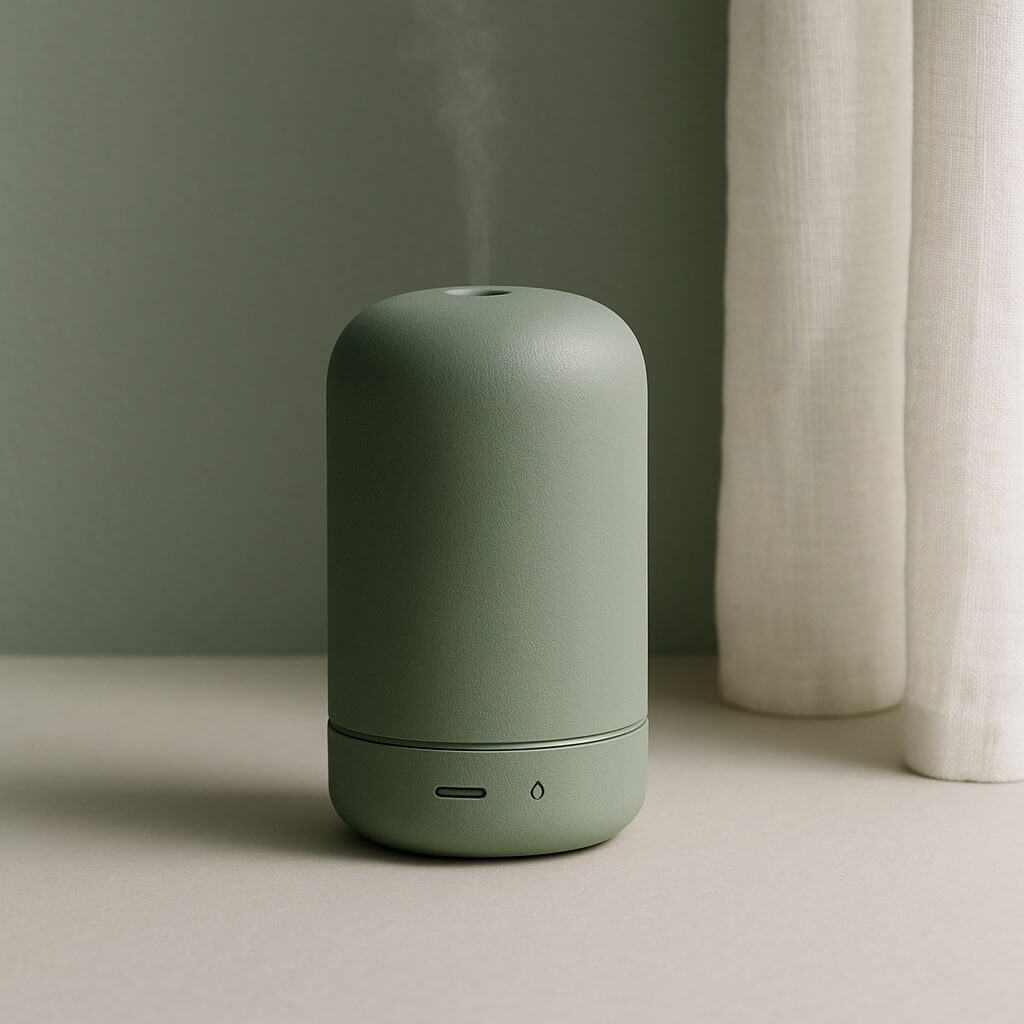







![[10-Pack] Glass Meal Prep Containers with Lids, MCIRCO Food Storage Containers with Snap Locking Lids, Airtight Lunch Containers, Microwave, Oven, Freezer and Dishwasher](/cdn/shop/files/4f66f17781e53f7706fe9779f4ed5cff.jpg)
![[10-Pack] Glass Meal Prep Containers with Lids, MCIRCO Food Storage Containers with Snap Locking Lids, Airtight Lunch Containers, Microwave, Oven, Freezer and Dishwasher](/cdn/shop/files/1d2691ab1c88a49f502ba1cda5a32a30.jpg)